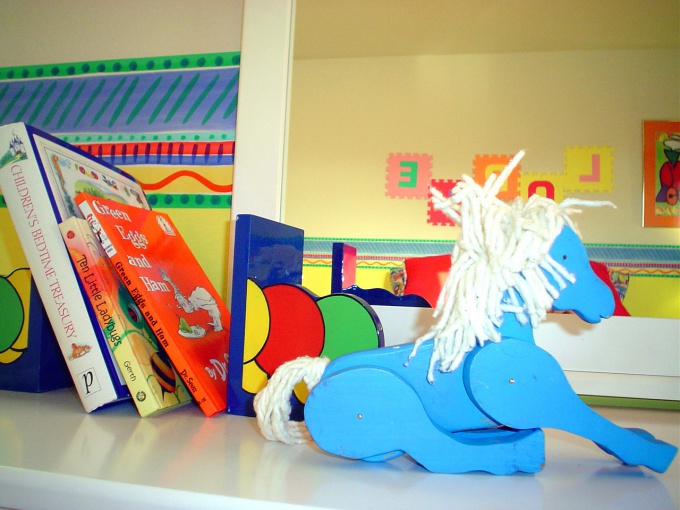Instruction
1
Determine for what age audience are you going to write a book. According to the scientific definition, children's literature is literature written for readers from 0 to 17 years. Of course, the book is for children 3-5 years will differ significantly from the literature adolescence and in content and form. However, any children's book should (unlike the adult) to have some educational purpose. For different ages and different purpose.
In addition, children of different ages and different perceptions. If small children appreciate the great amount of details (long may they consider pictures with lots of fine detail), the older children will be more important than the plot and main idea. To be clear, you can cite as an example the reception of Tolkien, when the book "the Hobbit or There and back again", he describes at great length what colour cloaks and hoods were the dwarves, is more suitable for younger children.
In addition, children of different ages and different perceptions. If small children appreciate the great amount of details (long may they consider pictures with lots of fine detail), the older children will be more important than the plot and main idea. To be clear, you can cite as an example the reception of Tolkien, when the book "the Hobbit or There and back again", he describes at great length what colour cloaks and hoods were the dwarves, is more suitable for younger children.
2
Select the goal you want to achieve by writing a book. Perhaps you want Alan Milne, to write a book for his child, he did not stick to you constantly asking: "Tell me some tale!" and may want to publish a collection of nursery rhymes and rhythmic poems for kids training. Maybe you want to convey to children some noble idea, to educate them in some sense. Think about it, because the purpose determines the plot, and the book form.
3
Select the genre are going to write. What would it be? Fantasy? A literary tale? Children's detective? Life story? Choose a genre and form that are most interesting to you. And remember, if you want to promote your book, you will have to come up with something completely new, different from all that has been written in the framework of children's literature before. For example, the niche of fantasy is already filled to capacity, and if you want to be in this genre the best, then you have to incredibly hard. If you're writing a book for her or just a friend baby, don't think about such things and just write.
4
Consider the composition and plot of the book. Remember that children do not suffer social deficiencies. They will notice inconsistencies in the plot, and everything that will they do not understand, will ask the parents. But if the inconsistencies too much, they will lose to the book of interest.
5
Think like a child. It is very difficult, it's a special gift. But it's the cardinal rule of children's literature. Want to reach out to the child – think like a child.
